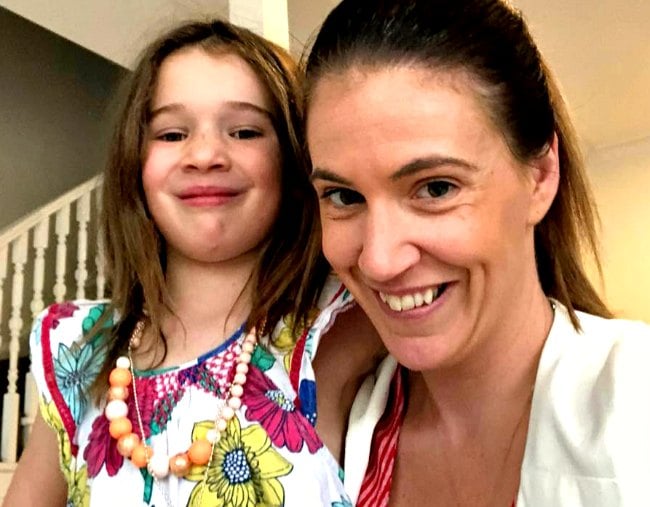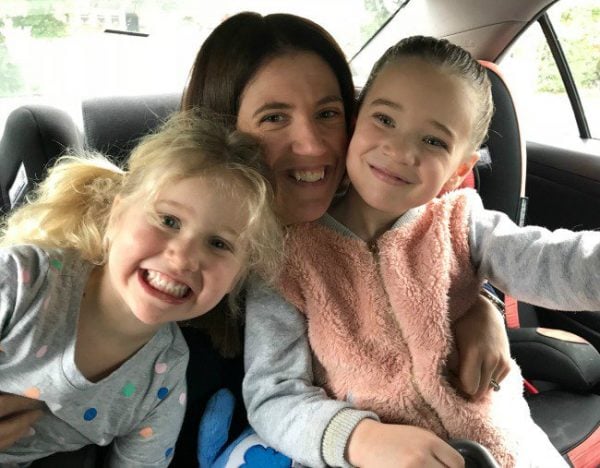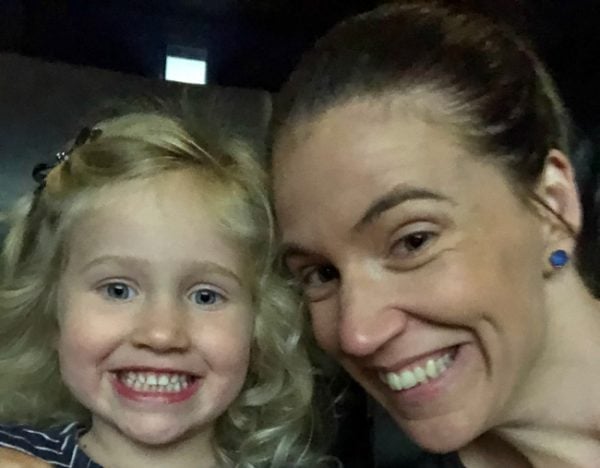
“The dog ate my homework” (yes someone did once say this to me), “I left it at home”, “I wasn’t there that day” – as a teacher, I have heard a few excuses in my time about not completing homework. For many students, teachers and parents, homework isn’t always fun and isn’t necessarily something that any of these groups of people want to set, do or help with. I’m sorry to say, however, that there’s definitely a point to (most) of it and it is something that students at both primary and secondary schools should be doing (T&C’s apply).
The homework debate is one of those issues that comes to the fore every few years. Recently, it’s re-emerged through the policies of a small but growing number of WA primary schools who have made a ‘no homework’ policy within their schools. They have chosen to preference play, relaxing and reading after the school day rather than ‘homework’.
This decision has been made with the belief that primary school aged children do not have any benefit from completing homework, that recharging their batteries and family time is more important at this stage in life. Some schools have even argued it is detrimental because it gets in the way of family time.






























































































